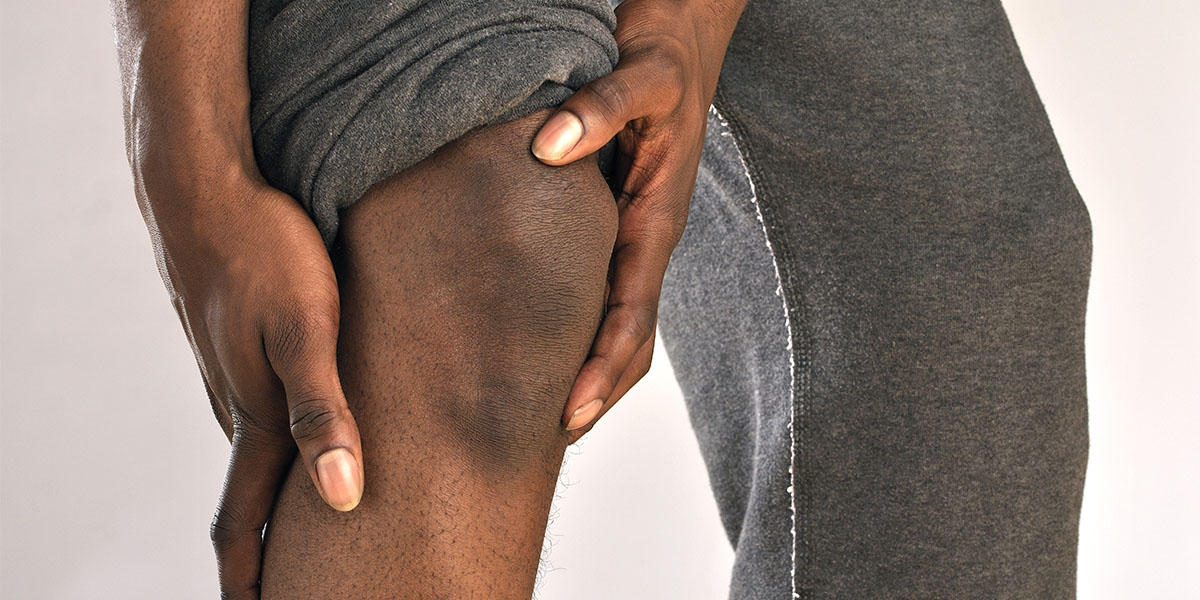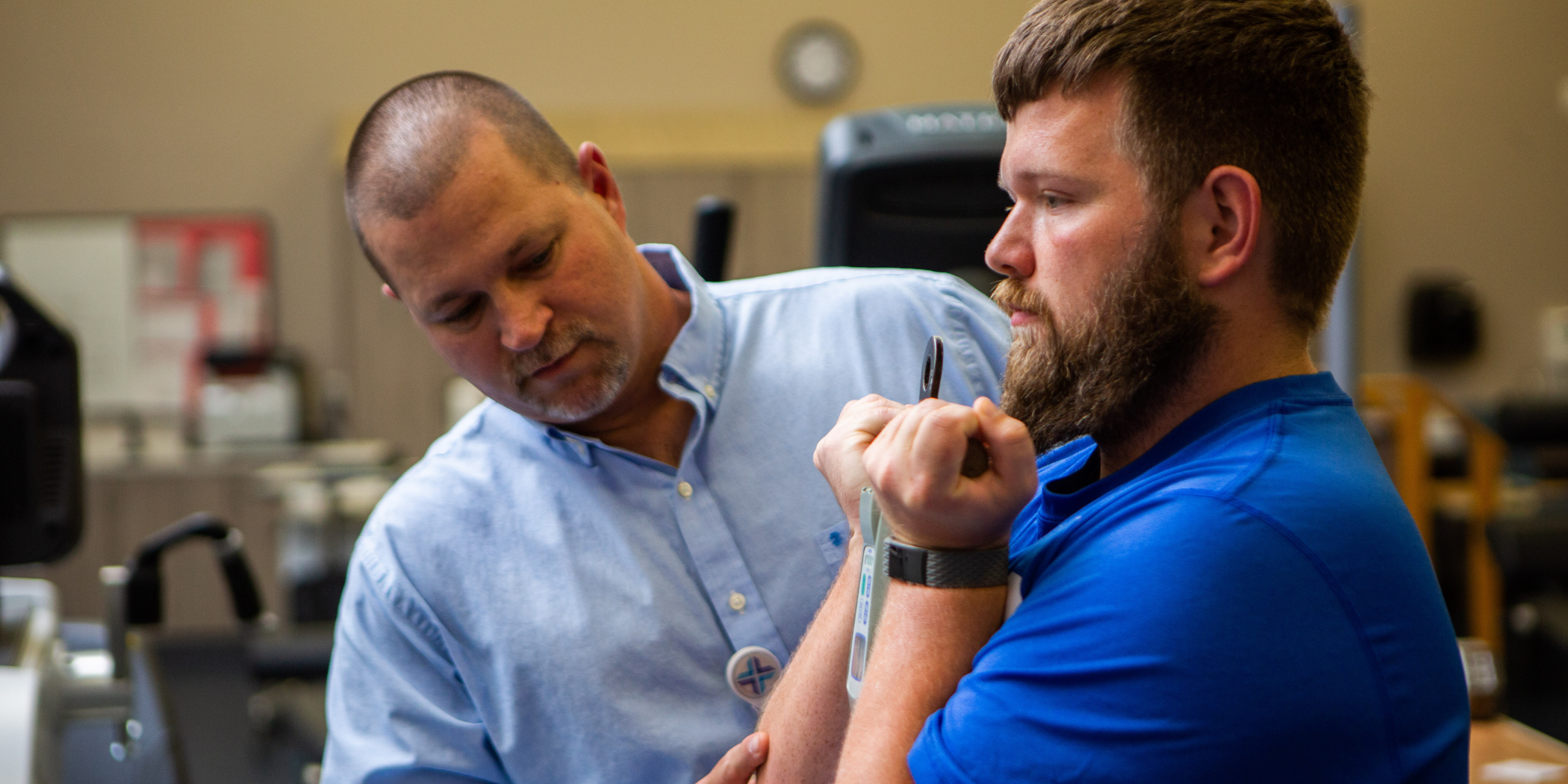
What you need to know before total joint replacement surgery
Increasing numbers of Americans are turning to total joint replacement surgery to give them the ability to walk, play golf, and engage in daily activities without constant joint pain. While surgery can help people improve their mobility, the recovery is not easy.
Spartanburg Regional Healthcare System joint replacement surgeon Dr. Frank Armocida offers these tips on what to do before and after surgery:
Set realistic expectations: Joint replacement surgery helps people regain their mobility, but it doesn't turn them into athletic superstars. If you are middle aged and have never run a 5K race, don't expect total knee replacement surgery to turn you into a marathon runner.
“Don't expect to do high impact activities like a soccer player, but if you want to hike, play golf or doubles tennis, and swim, then that's fine,” Armocida says. “It's important to have a discussion with your surgeon about what you want to get back to doing.”
Expect some post-operative pain: “I stress to everyone that it's a significant recovery, and it's not easy,” Armocida says. “When you go through the recovery process, usually you will need a little pain medication,” he says. “If I can't get patients comfortable enough to participate in their therapy, then they will be hampered in their recovery.”
Surgical medicine has evolved to the point that doctors can help patients reduce much of the initial pain, but they cannot entirely eliminate it.
Physical therapy is crucial to recovery: “The hard part of knee replacement is the recovery,” Armocida says. “You have to be committed to the recovery process of physical therapy several times a week for several months.”
Patients are expected to get up and walk right after surgery. It's a paradigm shift from decades earlier when they might have spent the first few days in bed post-surgery.
“Thirty years ago, people spent 7 to 10 days in the hospital. With advancements in multimodal perioperative pain control, inpatients can expect to spend one to two nights in the hospital on average,” Armocida says. “There's a shift to fast-tracking folks to participate in their therapy and to get up and move around.”
Have a helper or home health readily available in the week post-surgery: “It's helpful to have someone available to call on if the person needs help getting to and from therapy,” he says.
“There's a trend of people having total knee replacement surgery, going home, and having excellent outcomes – even if they're living alone.”
Make lifestyle changes: Post-surgery, people will feel more comfortable walking and being active, so this is a good time to make permanent lifestyle changes. With an increase in exercise and better eating habits, patients can prolong the life of their replacement joints and improve their health.











